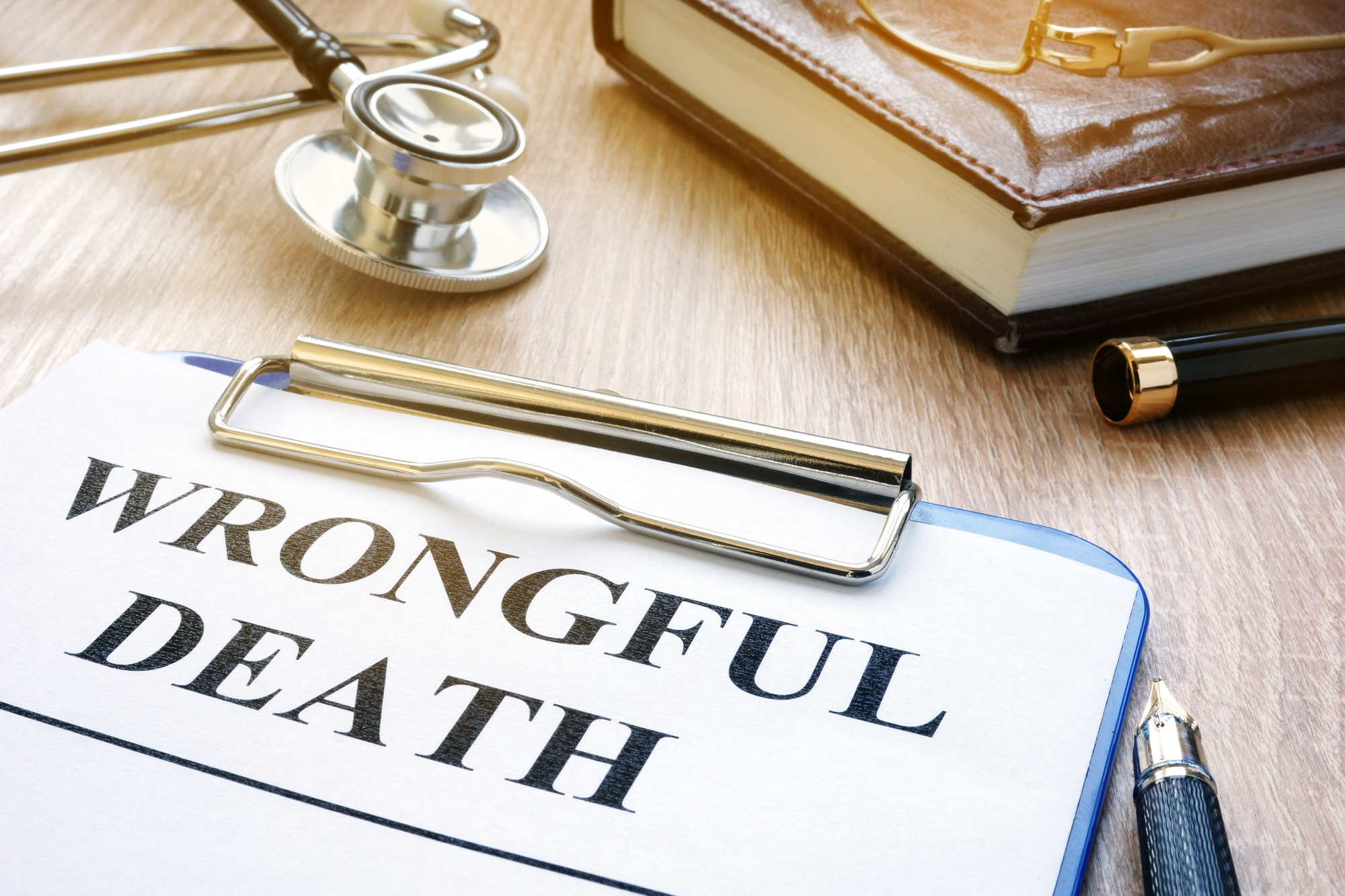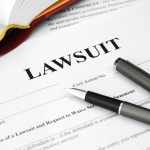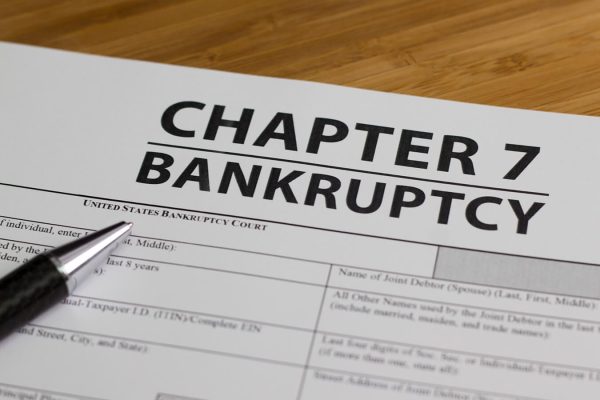When a loved one dies due to someone else’s actions or inaction, the survivors often want to hold that person or business accountable. They can do this by filing a wrongful death lawsuit.
There are many reasons to file a wrongful death case and plenty of hoops to jump through before getting a verdict. Survivors interested in a wrongful death claim need to do their research before filing the claim to give them a better chance of success.
Here’s everything you need to know about filing a wrongful death lawsuit.
Table of Contents
What Defines a Wrongful Death Lawsuit?
Someone may file a wrongful death claim when their loved one (the victim) dies as a result of the actions or inactions of another person or entity. It applies when the action is accidental as well as intentional.
The six most common reasons to file a wrongful death lawsuit against a defendant include:
- Medical malpractice — The most common cause listed in wrongful death cases. Applies when a healthcare provider acts negligently (through misdiagnosis, ignoring a patient’s concerns, or writing the wrong prescription) and causes the victim’s death.
- Intentional homicide — Applies when the defendant intended to kill the victim.
- Car accidents — Applies when the defendant was drunk, drowsy, distracted, speeding, etc. while driving and that caused the accident.
- Neglectful elderly care — Applies when the victim dies in a nursing home due to unsanitary conditions or neglect.
- A slip and fall — A fairly common personal injury case that sometimes results in death. Applies when the defendant does not give adequate warnings about wet and slippery floors on their property.
- Product malfunction — Another common personal injury case that can result in death. Applies when a product manufactured by a company does not operate as intended, the product has a faulty design or the safety mechanism fail and result in an accidental death.
An accident at work usually does not count as a wrongful death case but falls under the realm of worker’s compensation. However, if the injury was the result of a product malfunctioning or an inadequate 3rd party safety inspection those outside entities may be held accountable.
What Must You Prove in Wrongful Death Claim?
A plaintiff bringing a wrongful death claim must meet a certain burden of proof like in a personal injury case.
For example, in order to prove a claim based on medical negligence, you must show the following:
- That the defendant had a legal obligation to provide care to the victim.
- The defendant breached this legal duty.
- The breach of duty directly caused the victim’s death.
- The victim’s death resulted in the damages the plaintiff is suing to recover.
Meeting the burden of proof can prove more difficult in certain states than others. It’s important that you find a lawyer with experience so you present your case the correct way.
Who Can File a Wrongful Death Suit and Who Can They Sue?
So far we’ve referred to the victim as a loved one and the plaintiff as their survivor, but who can actually file a wrongful death suit?
Ordinarily, it’s the executor or personal representative of the deceased person’s estate that files a wrongful death claim on behalf of the survivors. Check your state’s laws because the definition of survivor varies between the states.
In general, a survivor refers to anyone who suffers damage due to the victim’s death. This usually includes:
- Nuclear family members like the surviving spouse or children, or the parents of an unmarried child.
- Putative spouses or life partners, and financial dependents.
- Distant family members directly impacted by the death of the victim, like dependent siblings or grandparents, or grandparents caring for their grandchild.
- Any person who suffers financially from the victim’s death.
Common defendants in wrongful death lawsuits include the driver of the car who caused the accident, the road builder or designer, or a government agency that didn’t give proper warnings about road hazards. The defendant could also be a manufacturer or installer who provide a dangerous or faulty part in a product or the bar that allowed the drunk driver to over-imbibe.
What Damages Can You Receive in a Wrongful Death Settlement?
A wrongful death settlement offers three kinds of damages to the survivors including economic, non-economic, and punitive.
Economic damages refer to the victim’s financial contributions now lost to the survivor. This includes:
- The victim’s future earnings, pension plans, and health coverage.
- Any funeral and medical expenses related to the victim’s death.
- Losing out on inheritance money.
- Any other services or goods the victim provided the survivor.
Non-economic damages are generally less tangible, but more valuable losses than economic damages. They include:
- Loss of consortium (also known as loss of companionship).
- Loss of nurturing, protection, care, or advice from the victim.
- The survivor’s mental pain and suffering due to the victim’s death.
Punitive damages refer to the extra damages awarded to further punish the defendant’s bad actions. Most states do not offer these types of damages in wrongful death suits, especially those against government agencies.
The courts calculate the damages by using expert witnesses to qualify the loss experienced by the survivor. The calculations include the financial losses like loss of income and benefits provided by the deceased’s employment. It also takes into account the care and services provided inside the home when the deceased contributed greatly to the running of the home through cooking, house cleaning, child care, transportation, etc.
What is the Statute of Limitations in Wrongful Death Cases?
Every state has its own rules regarding when you’re allowed to bring a wrongful death claim. This certain time frame that you have to file is referred to as the “statute of limitations.”
Usually, you must file within two years of learning about the negligence or misconduct, known as the date of discovery. Some cases require you file within one year, so be sure you check with a wrongful death lawyer in your state.
Find More Helpful Information About Personal Injury Cases
Now you should feel more prepared when deciding whether or not to file a wrongful death lawsuit. It doesn’t matter if your loved one died because of neglect in a nursing home or a physician’s mistake. You deserve compensation.
You also deserve compensation when you suffer a personal injury caused by a third-party. Get more helpful information regarding personal injury lawsuits and how to file one on the Legend Valley blog. Head over there today to start the healing process as soon as possible.











